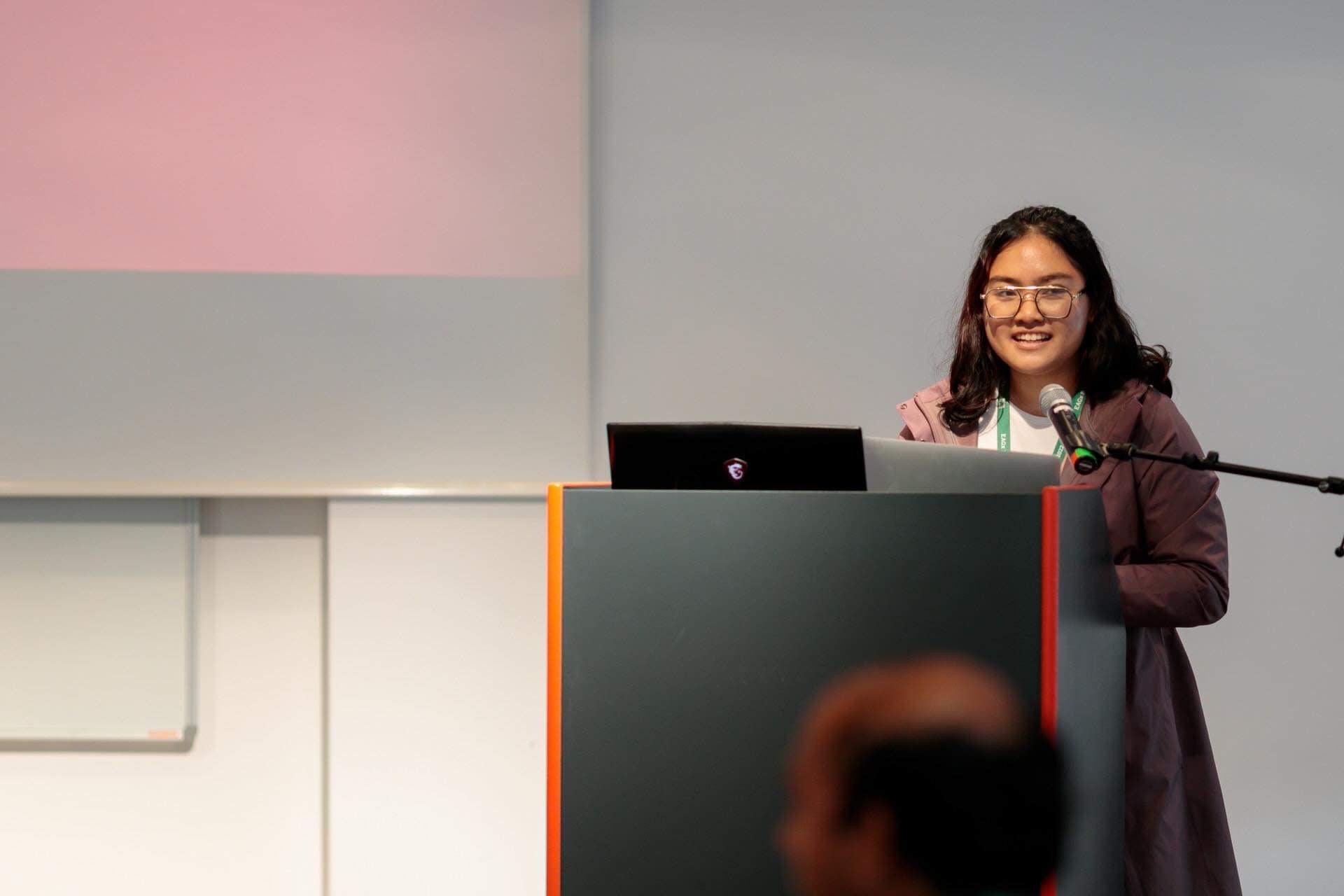Polis is a surveying platform designed for finding clusters of people with similar opinions on a topic. Participants submit short text statements(<140 characters) which are sent out semi-randomly[1] to other participants to vote on by clicking agree, disagree or pass.
This post provides links to video and text tutorials for using polis.
When can Polis be Useful?
- Identify subgroups of readers/users who you can then target more specifically
- Understand better the types of people attending your university EA group
- Survey opinions on how the EA community should be structured
- Get suggestions for a new project for your organisation that are widely agreed upon in a given community
- Understand the beliefs of a group of people affected by your project (e.g. AI researchers, parents in Nigeria, people new to EA)
Tutorials
This tutorial from Computational Democracy is a good introduction:
Polis is a 💡 Wikisurvey, as:
- the dimensions of the survey are created by the participants themselves
- the survey adapts to participation over time and makes good use of people's time by showing comments semi-randomly
- participants do not need to complete the entire survey to contribute meaning
pol.is is the main instance of the technology hosted online, but there are other instances in the wild.
In its highest ambition, Polis is a platform for enabling collective intelligence in human societies and fostering mutual understanding at scale in the tradition of nonviolent communication.
A good tutorial based on a worked example is available here:
The text input to seed statements can be found in the ‘configure’ tab once you’ve started your conversation, seen at left.
It’s usually a good idea to seed around 10–15 diverse comments. This has a powerful effect on early participation. We’ve found that about 1 in 10 people leave a comment (whereas 9 in 10 only agree disagree and pass on statements submitted by others). Given this ratio, if there are no statements at the outset, it can take a little while for enough statements to build up to make the conversation meaningful. This is an impediment to data collection. So seed away!
Examples
There's one example worth pulling out before the others: vTaiwan. vTaiwan is an experiment in using Polis & other tools to find how opinions group, find the least controversial statements, and help set agendas for future consultations iteratively.
In 2015, Polis was used in combination with an in-person meeting of key stakeholders to make decisions about regulation of Uber in Taiwan.
Other Examples:
- What charities should Charity Entrepreneurship fund? (forum post, polis)
- What are our opinions on EA governance/FTX? (forum post, polis)
- Do people find the phrase "EA Aligned" useful? (forum post, polis)
- How should we prepare for pandemics? (forum post, polis)
Personal Experience
Polis is very easy to use & intuitive, and I like that users can submit statements for other users to vote on; the core of the tool seems broadly useful.
However, I think its real edge over other survey tools (grouping beliefs) is a little niche. It's useful for large projects like vTaiwan where identifying groups is important for setting meeting agendas, but I'm not sure how important understanding subgroups is in most circumstances where you're soliciting opinions. For instance, it's not clear to me what benefit was gained by constructing subgroups in getting charity suggestions for Charity Entrepreneurship.
I think Polis is most useful when you need to understand who exactly believes what within a larger group. For instance, understanding whether people with little experience of EA find the phrase "EA Aligned" useful is more actionable than finding how popular it is among all survey respondents.
Try it Yourself
Go to this polis and add your opinions on the phrase "EA Aligned"; if you scroll to the bottom of the page, you can see the groupings that have been created.
If you found that interesting, create a poll! Want to know what the forum thinks about a topic? Make a linkpost for a Polis or post it in the comments here!
We've reached the end of this sequence now! I'd appreciate if you could let me know how you found the sequence via Polis or in the comments below. Also, join me in the EA GatherTown tomorrow [02/02/23] at 6pm GMT to discuss the use of Polis!
Thanks for reading, and thanks to everybody who gave feedback throughout!
- ^
This is only important if people don't respond to all the statements i.e. especially for large polls. I believe they're ordered to help clustering.




I wasn’t aware of this sequence, but I’m glad to see someone working on this topic! That being said, I am disappointed by the apparent lack of reference to Kialo or any other form of what I call argument/debate management systems…
The specific tools were mostly my choice, not done with an eye towards full categorization of the space, but taken from suggestions from people in a slack about epistemics plus my own experiences. If you wanted to write up a tutorial / explanation, we'd be really excited to have more in this sequences written by others!